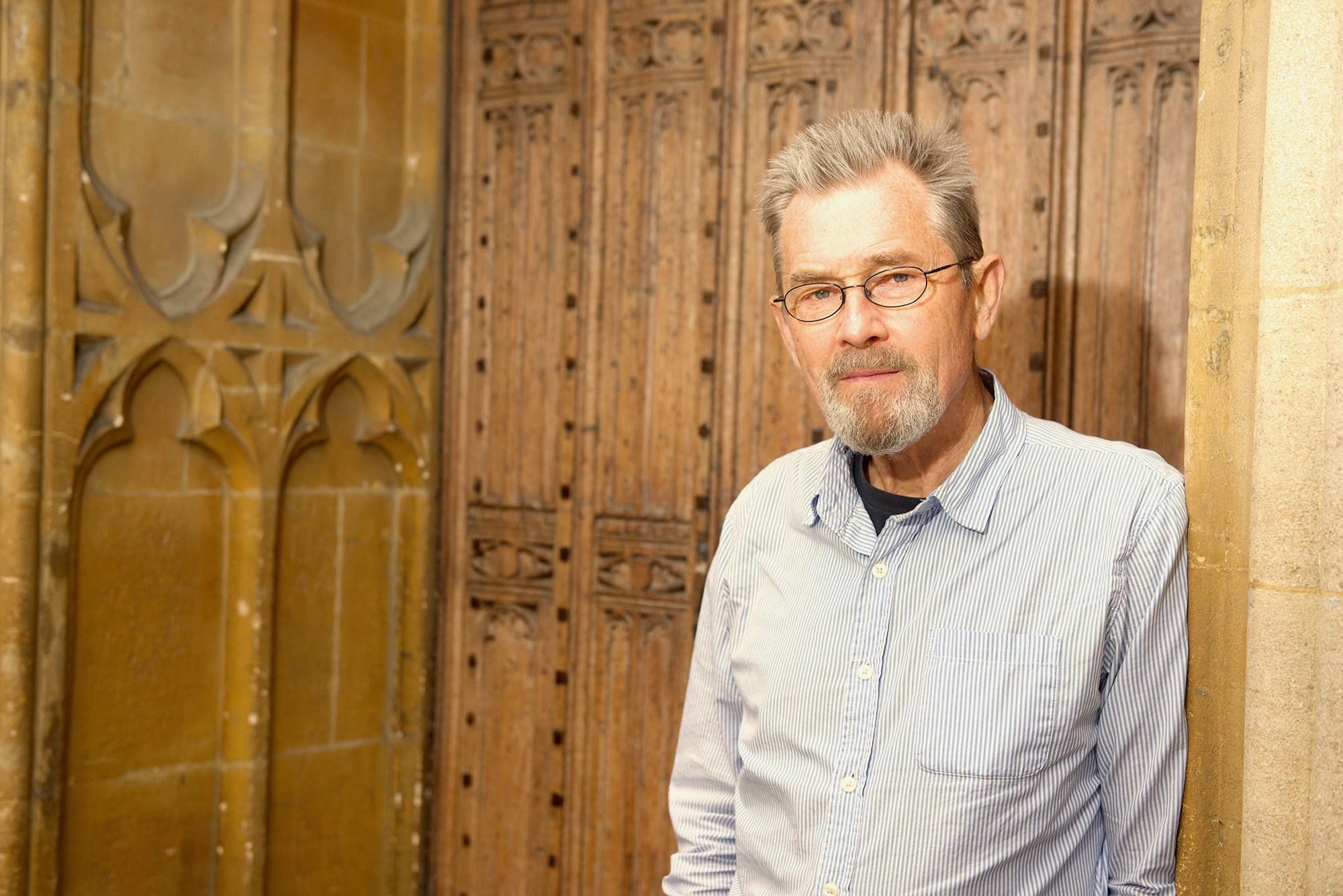Why did you decide to earn a degree at Harvard Extension?
I’m a journalist by profession, and although I have rarely had a problem finding work in any of the countries that I lived in during a 50-year career, I wasn’t always getting the types of assignments that I wanted.
My academic training did not qualify me to write about the subject closest to my heart––sustainability. So, I looked around for a Master’s program that would improve my credibility while still allowing me the freedom to travel.
In offering a wide number of courses online as well as on campus, and allowing students up to five years to complete the program, Harvard Extension School’s sustainability program was exactly what I wanted.
How has this experience helped you in your career or personal development?
The qualification has given a huge boost to my confidence. I am now able to engage with business leaders, leading politicians, and senior NGO personnel in a way that I didn’t feel able to do previously. Confidence and credibility are not just important, they are vital factors in journalism and broadcasting. In addition to a professional boost, the Harvard experience has also given me a much-needed update as to how younger people think.
Harvard has broadened my horizon and changed my mindset.
What was the most challenging aspect of your time at Extension? What was the most rewarding?
Sometimes it was difficult to keep going! Although the option to do several courses online was a major attraction for me, I underestimated how challenging it would be to complete some of them without the support of classmates and teaching assistants.
Another obstacle was the visa for the on campus requirement. During the five years that it took to complete the program, the difficulty in obtaining the appropriate visa increased. There were anxious times, but I’m glad to say it all worked out fine.
There were times when I thought I would fail. Fortunately, I had a good network of friends. Their advice was usually to the effect that I should take a week off, read a good novel, do more long walks, increase your meditation time. It worked!
In which ways did you connect with the Harvard community? If you spent time on campus, what was that experience like?
For me, the biggest, single benefit of being on campus was sharing problems and solutions with my classmates. Another benefit was access to the numerous book launches and lectures by visiting authors and speakers. Attending these was a real pleasure.
Also, Harvard has a great reputation for sporting prowess, and although I’m too old to participate actively I took every opportunity to watch and support the teams––rowing, football, basketball, swimming, athletics, soccer, squash. I was also a regular reader of the Harvard newspaper, and I became a member of the Brattle Theater, which I greatly miss now that I’m no longer on campus.
Do you have a favorite class or faculty member? Why?
They were all good. I loved the enthusiasm of George Buckley, the wisdom of Greg Norris, and the constant support of my academic advisor, Lacey Klingensmith. Most of all, I’m indebted to my thesis director, Dr. Mark Leighton. For sheer brilliance, patience, understanding, and leadership, he has few peers.
Do you have any advice for new students?
If you get stuck, don’t give up. Stand back, take a break, come back refreshed. You CAN do it!
When I reflect on my time earning the degree, I see that it was a privilege. I can’t believe how lucky I am to have been a part of it.
This interview has been edited for clarity and length.

